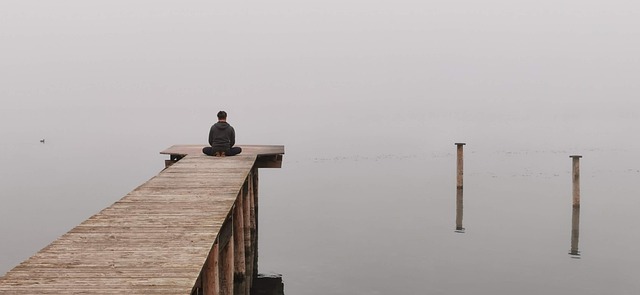The Change Academy at Lake of the Ozarks Institute (CALO) is an educational and therapeutic facility offering specialized programs for mental health, addiction, and trauma. CALO combines evidence-based therapy with innovative methods to empower individuals in their recovery. They have a robust legal framework to hold institutions accountable through attorneys specializing in protecting victims' rights. Key strategies against institutional abuse include anonymous reporting systems, staff training, open communication, and policy development guided by educational law experts.
“The Change Academy at Lake of the Ozarks (CALO) Institute, a unique educational institution, has come under scrutiny for instances of abuse. This article delves into the complex issue of accountability within CALO, examining its operations and the legal framework surrounding it. We explore the role of attorneys in ensuring justice and the implementation of strategies to prevent institutional abuse. By understanding these factors, we aim to highlight the importance of transparency and accountability, fostering a safer environment for all involved.”
- Understanding CALO Institute and Its Operations
- Legal Framework: Accountability and The Role of Attorneys
- Strategies for Addressing and Preventing Institutional Abuse
Understanding CALO Institute and Its Operations

The Change Academy at Lake of the Ozarks (CALO Institute) is a renowned educational and therapeutic facility located in a serene setting along the beautiful Lake of the Ozarks. Founded with a vision to transform lives, CALO offers a range of programs aimed at personal growth, recovery, and skill development for individuals facing various challenges, including mental health issues, addiction, and trauma. As a leading provider of comprehensive care, it provides a supportive environment where residents engage in therapeutic activities, education, and community building.
With its unique approach to healing, CALO Institute involves a dedicated team of professionals, including therapists, teachers, and support staff, who work collaboratively to cater to the diverse needs of its residents. The institute’s operations revolve around creating a structured yet nurturing atmosphere, promoting accountability, and empowering individuals to take ownership of their recovery journeys. By combining evidence-based practices with innovative methods, CALO Institute strives to be a game-changer in the field of rehabilitation, assisting individuals not just to recover but to transform and lead fulfilling lives.
Legal Framework: Accountability and The Role of Attorneys

The legal framework surrounding accountability for abuse is a crucial aspect in holding institutions like the Change Academy at Lake of the Ozarks Institute (CALO) responsible. Attorneys play a pivotal role in ensuring that victims’ rights are protected and that appropriate action is taken against perpetrators. They guide the process of filing legal complaints, conducting investigations, and representing the interests of affected individuals.
With their expertise, attorneys can navigate complex laws and regulations to establish liability and demand justice for abuse victims. By engaging legal counsel, survivors can gain access to compensation, restitution, and preventive measures to safeguard against future occurrences. This collaborative effort between lawyers and victims is essential in fostering a culture of accountability within the Institute and similar institutions.
Strategies for Addressing and Preventing Institutional Abuse

The Change Academy at Lake of the Ozarks Institute (CALO) can implement several strategies to address and prevent institutional abuse. One key approach is to establish a robust reporting system, ensuring that students, staff, and visitors feel safe and encouraged to report any concerns or suspicions of abuse. This includes confidential hotlines, anonymous reporting mechanisms, and easily accessible resources for victims. Regular training sessions for all personnel on recognizing and responding to abuse are essential, fostering a culture of awareness and accountability.
Additionally, CALO should promote an environment of open communication and transparency. Encouraging students and employees to voice their experiences and concerns can help identify potential issues early on. Working closely with legal experts, such as attorneys specializing in educational law, can provide the institute with expert guidance on policy development, investigation procedures, and appropriate disciplinary actions. Regular reviews of existing policies and protocols are necessary to ensure they align with best practices for maintaining a safe and respectful learning environment.
Jап..
“`.
#Nemen,
Diap
